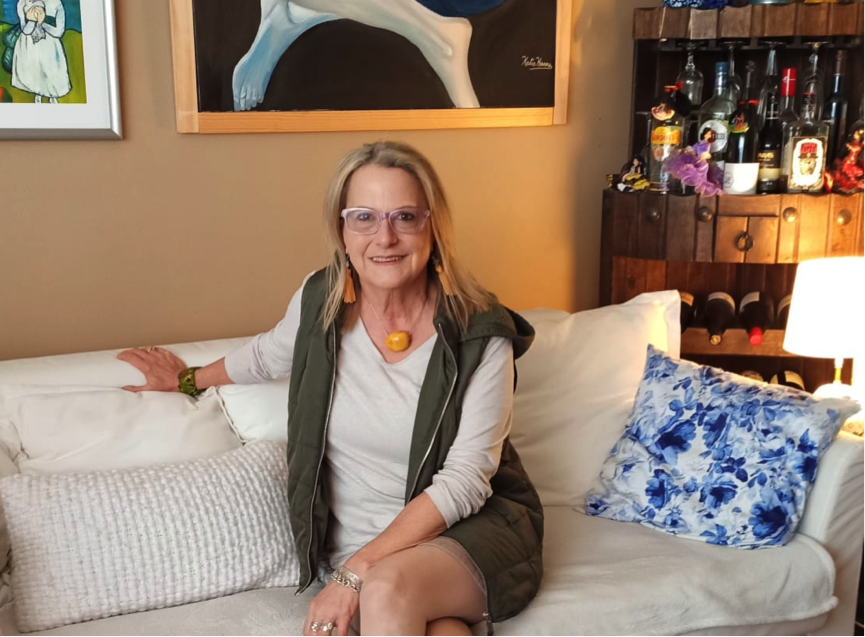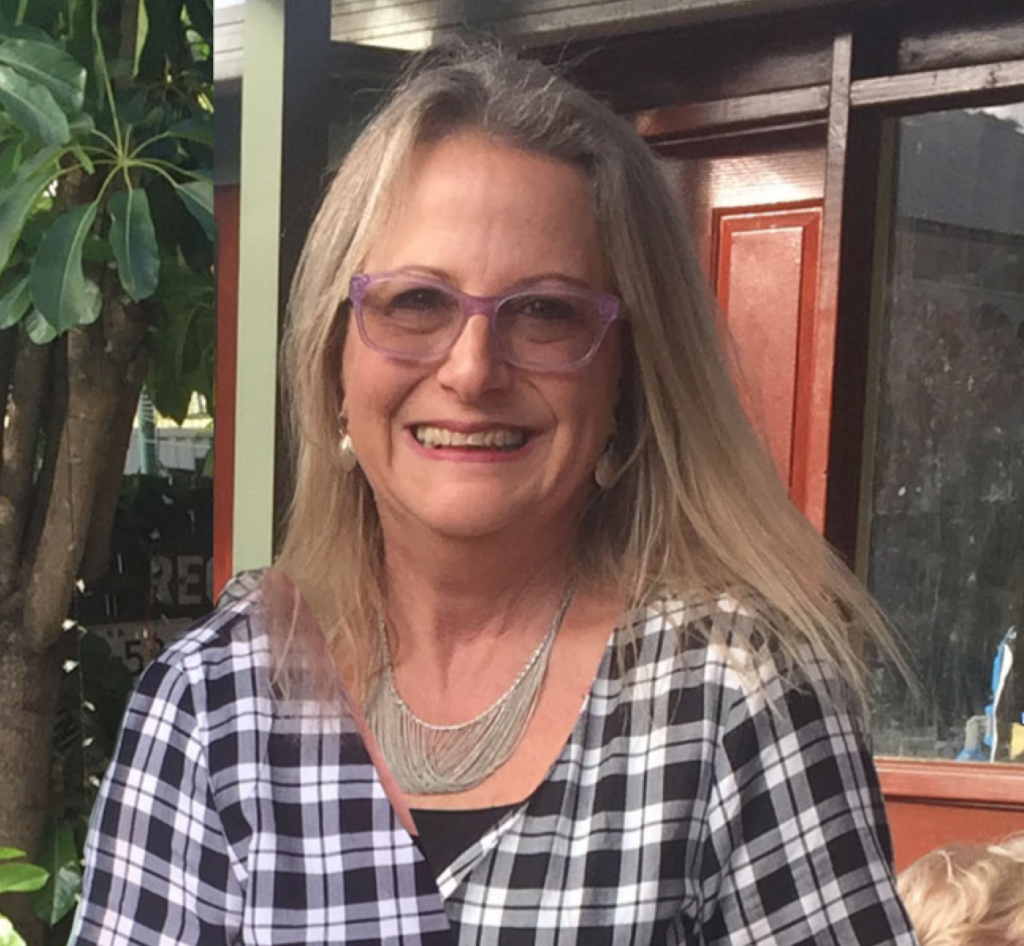I originally trained as a bilingual clerical officer and later did a Bachelor of Philosophy degree at Adelaide University, so I got to this occupation in a roundabout way but am so happy I did .
I was born in Lima, Peru, too many years ago and had the opportunity to learn English from early childhood. After finishing high school I trained as a bilingual clerical officer, which led to a position with the recently opened New Zealand Embassy in Lima.
This work introduced me to the fascinating world of “foreigners” (little did I know I would one day live surrounded by them) and exposed me to interpreting and translating work. These were, I suppose, my early baby steps in the field. The many travelling backpackers coming through the Embassy inspired me and eventually I copied them. Europe was the final goal but I spent some months in Miami in order to get some money together. Saving enough to travel was not an easy thing in Peru. The stars were aligned and I was able to get a job with a translating agency. Apparently, it was impossible to find someone that could spell properly in Spanish and English. They were different times… We used to do cutting and pasting of documents before the final copy was photocopied and printed; and we used a manual word counter, something similar to what is now used in some venues to count how many people come in an out.

After travelling for a couple of months by train in Europe I eventually ended up in London where I met my Australian husband. We got married in Peru and came to Adelaide in 1980.
Adelaide was so different then. Shops closed at midday on Saturdays and at 5.00 pm every day, except Thursdays in the suburbs and Fridays in the city. I could spend months without ever hearing Spanish, let alone being able to taste Peruvian or Latin American food. You could not get the ingredients you get now and if you did the prices were exorbitant. Sometime after, Multiculturalism arrived and with it lovely food, restaurants and cafes.
There was an influx of Spanish speaking refugees from around the mid eighties onwards. They were very welcome and comfortably housed at the Pennington Hostel. Demand for Spanish Interpreters and Translators increased and I decided to sit the NAATI tests and do a course TAFE offered. I remember an assignment at the Hostel where I had to interpret an aerobics class for new arrivals. During the late 80s/90s schools had all correspondence, report cards, school bulletins, etc translated into the languages represented at the school, even if there was only one child. Those were the days…… Nothing was too much trouble. Lyn Arnold, the then Premier of South of Australia, had an interest in the Spanish community here and on more that one occasion requested that his talks be translated in order to deliver them in Spanish. If I recall correctly the Immigration Department was called DIMIA – Department of Immigration and Multicultural and Indigenous Affairs. With time multiculturalism waned and although new arrivals were still welcome, their experiences did not include such luxuries as interpreted aerobic classes; and the Department became the Department of Immigration and Border Protection in 2013.
I love my job. I love it because I have lived experiences that I never dreamt of; because the people I have come across have all been wonderful people full of enthusiasm and gratitude in spite of the hardships they may have experienced; because they give me the biggest smiles when they see me; because I have learnt so much about so many things and because through giving my best to my work I feel I am adding my grain of sand to helping improve someone’s life.
As a community interpreter I have worked for hospitals, doctors, police , courts, psychologists, counsellors, government departments, visited gaols and interpreted at a funeral, to name a few. I have been very lucky to be involved in other memorable activities as well . Amongst them, having a taste of conference interpreting in Adelaide, interpreting for Spanish speaking authors during Writers’ Week in Adelaide, and role-playing for TAFE courses/tests.

I could go on about the people I have met, whether they are colleagues, clients or other professionals, and about the scope of life experiences I have been privileged to witness, but I am sure that my fellow interpreters have similar or better stories to tell so I will stop now and leave some things unsaid.
Gabriela K. Callaghan (Gaby), has a Bachelor degree in Philosophy from Adelaide University and is a NAATI Certified English <-> Spanish Translator and Interpreter. She has been practising for over thirty years.
